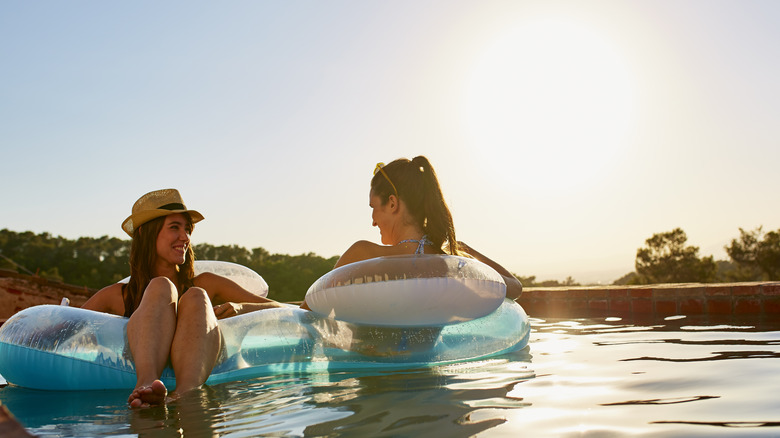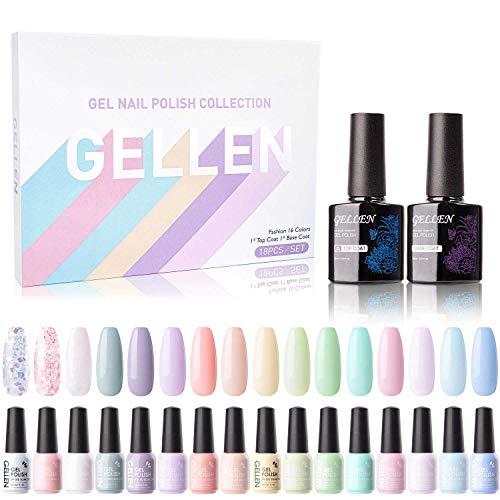Introduction: The Tanning Debate
Many people wonder whether being in water helps them tan faster. While lounging in a pool, ocean, or lake, sunlight feels more intense due to reflection and cool water, leading many to believe that water increases tanning. Understanding the science behind tanning, UV exposure, and skin protection is crucial to achieving a safe, even tan.
How Tanning Works
Tanning occurs when the skin produces melanin, a pigment that darkens skin to protect it from ultraviolet (UV) rays. UV radiation from the sun is the main cause of tanning, as well as sunburn, premature aging, and skin damage.
- UVA rays: Penetrate deep into the skin and cause long-term skin aging.
- UVB rays: Stimulate melanin production and cause the surface skin to darken.
Tanning depends on skin type, sun intensity, duration of exposure, and protective measures, not just the environment.
Does Water Help You Tan Faster?
The Role of Reflection
Water reflects sunlight, which increases UV exposure slightly. This means the skin may receive more rays near the water surface. However, reflection only accounts for a small increase in tanning potential.
Cooling Effect of Water
Being in water cools the skin and reduces the sensation of heat. People often stay in the sun longer while swimming or floating, which can lead to a deeper tan but also increases the risk of sunburn if sunscreen is not used.
Sunscreen and Water Resistance
Water can wash away some sunscreens, depending on the formula. Reapplying water-resistant sunscreen is important to maintain protection. Without proper sunscreen, tanning may occur faster, but it also increases UV damage risk.
Tips for Tanning Safely in Water
Apply Water-Resistant Sunscreen
Choose broad-spectrum sunscreen with at least SPF 30, and reapply every two hours or after swimming.
Limit Direct Sun Exposure
Avoid peak sunlight hours, usually between 10 AM and 4 PM, when UV radiation is strongest.
Use Shade Breaks
Take breaks under umbrellas or shaded areas to prevent overexposure.
Hydrate and Moisturize
Water exposure and sun can dry out the skin. Drink plenty of water and apply moisturizer after swimming to maintain skin health.
Gradual Tanning
Spend short periods in the sun rather than extended sessions. Gradual exposure reduces the risk of sunburn while building a safe, natural tan.
Myths About Tanning in Water
- Myth 1: Water magically makes tanning faster
While reflection can slightly increase UV exposure, water itself does not accelerate melanin production. - Myth 2: You don’t need sunscreen in water
Even in water, UV rays penetrate the skin. Sunscreen is essential to prevent damage. - Myth 3: Darker water increases tanning
The color of water doesn’t significantly affect UV exposure. Reflection and sun intensity play a bigger role.
Benefits of Tanning Near Water
- Cooler temperature allows longer sun exposure without discomfort.
- Scenic environments encourage relaxation, which can reduce stress.
- Water reflection slightly enhances the intensity of sunlight exposure.
Risks of Tanning in Water
- Increased risk of sunburn due to longer exposure.
- Potential for uneven tanning from water movement.
- Skin damage and premature aging if sunscreen is not applied or re-applied.
FAQ About Tanning in Water
Do you tan faster in water than on land?
Not directly. Water may reflect sunlight, but the main factor in tanning is UV exposure. Being in water can allow you to stay in the sun longer, which may result in a deeper tan.
Is it safe to tan while swimming?
Yes, but always use water-resistant sunscreen, avoid peak UV hours, and take breaks in the shade to reduce the risk of sunburn.
Can you get sunburned in water?
Absolutely. UV rays penetrate water, and wet skin can increase susceptibility to burns. Proper protection is necessary.
How can I maintain a tan after swimming?
Hydrate, moisturize, avoid excessive exfoliation, and use sunscreen to protect the skin from fading and damage.
Does reflection from water make a big difference?
It slightly increases UV exposure, but proper skin protection and controlled sun exposure are more important factors.
Conclusion
Tanning in water does not inherently make you tan faster, but it may allow longer sun exposure and slightly increase UV intensity due to reflection. The key to a healthy, even tan is sunscreen, moderation, hydration, and skin care. Understanding the risks and benefits ensures a safe tanning experience while enjoying the water.



